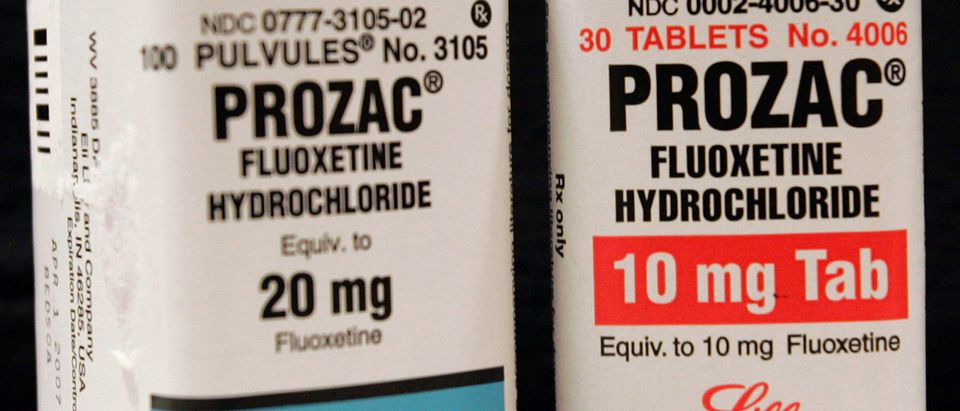New research from the University College London is calling into question whether widespread prescription of antidepressants is truly an effective way of treating depression.
A new paper published in Molecular Psychiatry examines the “serotonin hypothesis” of depression, which posits that major depressive disorder is caused by a chemical imbalance in the brain that can be treated by regulating serotonin levels. Researchers concluded that the evidence in support of the serotonin hypothesis isn’t sufficient to establish a strong link between serotonin levels and depression.
Our new review is the first to systematic overview of all the main areas of research and concludes there is no evidence of a link between low serotonin and depression https://t.co/fujIfAtD91 THREAD
— Dr Joanna Moncrieff (@joannamoncrieff) July 20, 2022
“Many people take antidepressants because they have been led to believe their depression has a biochemical cause, but this new research suggests this belief is not grounded in evidence,” the study’s lead author Dr. Joanna Moncrieff said, according to The Guardian. “It is always difficult to prove a negative, but I think we can safely say that after a vast amount of research conducted over several decades, there is no convincing evidence that depression is caused by serotonin abnormalities, particularly by lower levels or reduced activity of serotonin.”
The research team examined 17 studies, including 12 systemic reviews and meta analyses, and found that “no consistent evidence of there being an association between serotonin and depression, and no support for the hypothesis that depression is caused by lowered serotonin activity or concentrations.”
The evidence also showed that long-term antidepressant use may be associated with lowering serotonin levels. Moncrieff argued the public should be informed that antidepressants may not be the ideal way to treat depression because of the side effects and withdrawal symptoms associated with the medications. (RELATED: New Study Suggests Psychedelics Can ‘Free Up The Brains’ Of People With Severe Depression)
Not all experts agree with the conclusion. “Antidepressants are an effective, Nice-recommended treatment for depression that can also be prescribed for a range of physical and mental health conditions,” a spokesperson for the Royal College of Psychiatrists said. “We would not recommend for anyone to stop taking their antidepressants based on this review, and encourage anyone with concerns about their medication to contact their GP.”
Antidepressants are a big ticket item for pharmaceutical companies, and their use has skyrocketed in the U.S. since 1999, according to the Berkeley Political Review. One-in-six Americans is on an antidepressant of some kind, NBC News reported.
The global antidepressant market was worth more than $26 billion in 2020, according to Business Wire.
Even if the serotonin hypothesis isn’t true, that doesn’t mean antidepressants that target brain chemistry aren’t an effective way to treat depression, according to Dr. Michael Bloomfield, a University College London psychiatrist who was not involved in the research. “Many of us know that taking paracetamol can be helpful for headaches, and I don’t think anyone believes that headaches are caused by not enough paracetamol in the brain,” he told The Guardian. “The same logic applies to depression and medicines used to treat depression.”


